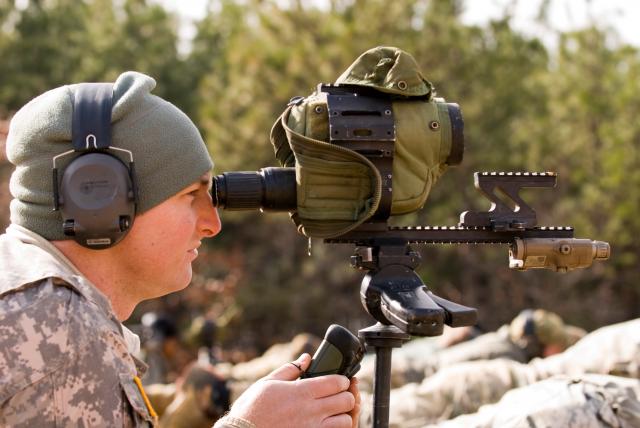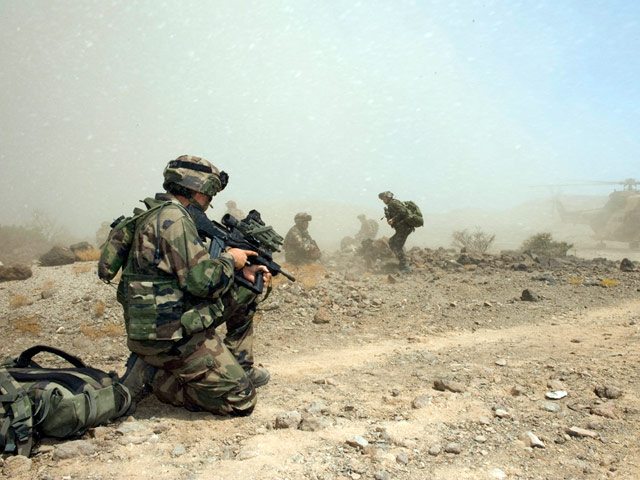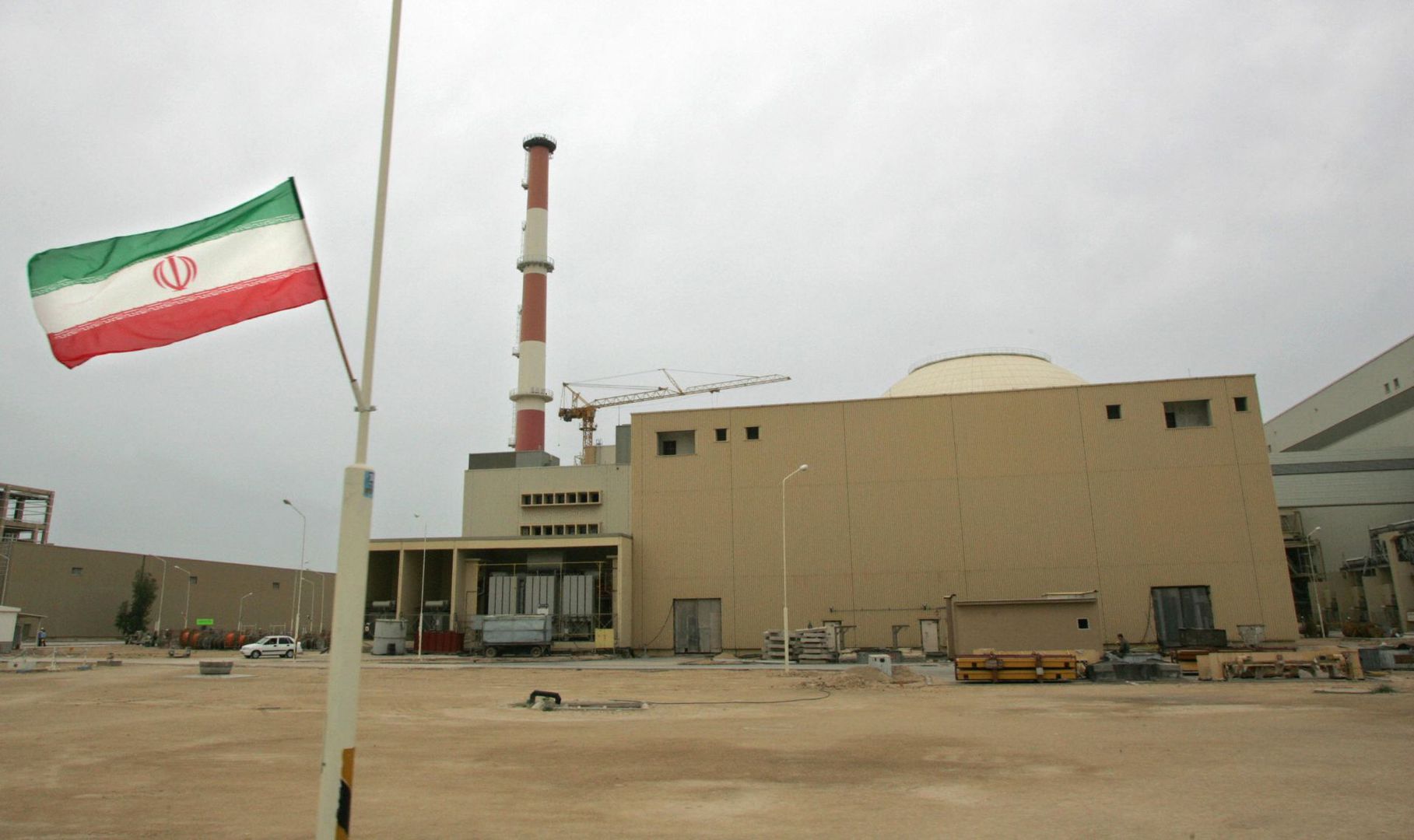Never in their history have U.S. Special Operations Forces (SOF) been more respected, capable, or effective than they are today. With a series of high-profile direct action missions, punctuated by the killing of Osama bin Laden in May 2011, these elite forces have steadily risen in the public eye and earned the trust and confidence of the nation’s leadership.
While SOF will continue to conduct such missions, the Defense Department’s recent strategic guidance suggests that in the future SOF’s traditional competencies in indirect action will be of greater demand, and on a global scale.
However, if the next administration hopes to benefit from SOF successes in indirect mission areas similar to those they have enjoyed in kinetic missions, changes in SOF’s capabilities, authorities, and resource allocation will be required.
The next administration must seize on SOF’s current political clout and national popularity to ensure they evolve into a truly global, full-spectrum force—and do so quickly. If SOF are mismanaged internally or externally during this period of critical transition, the next administration could lose the capabilities of this highly effective force as well as the capacity to employ it.
[download id=”129″ format=”1″]










